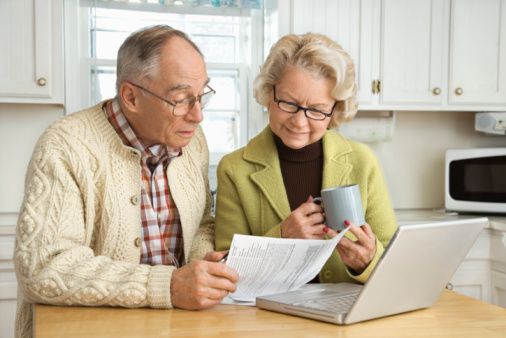
The role of property wealth has become increasingly important in retirement planning, a new survey from Aviva reveals.
The research, which surveyed 1507 general consumers aged 45+, looked into levels of spending, saving and attitudes towards funding retirement in the over 45s.
The latest data shows that there has been a decrease in property ownership compared to six years ago, either outright or with a mortgage, particularly in the younger age groups in this sample.
Nearly a quarter of 45 to 54-year-olds owned their property outright in 2016, this has fallen to 16% in 2022, while for 55 to 64-year-olds, the respective numbers were 48% and 45%.
Data finds that mortgages are being paid off later compared to what they were six years ago.
Six years ago, 13% of 65- to 74-year-olds owned with a mortgage, compared with 9% in the same age group this year.
Length of tenure in the same property has remained steady since the last survey in 2016, at just under 20 years, compared with 21 in 2016.
Those who own outright have typically been in their property longer at 22 years, compared to 16 years for people who own with a mortgage.
Aviva explains the mortgage-free have also benefitted from an additional six years of property price rises, building up the equity in their home.
Average house prices have increased for this age group to £287,000 from £264,000 in 2016, representing an 8% increase,
The effect of housing price rises is even more marked for the older age groups, according to the data, particularly for those who bought their current property before the housing market boom of the late 1990s.
The average house value of the 75+ age group in the survey is £310,000 and the average length of time they have lived there is 28 years.
In 1994, when they bought their property, the average house in the UK cost £54,623, which represents a five-fold increase in equity.
For 65 to 74-year-olds whose average tenure is 24 years, buying their current house in 1998 when the average cost of the property was £66,231 compared to 2022’s average of £302,000.
Aviva says this accumulated property wealth, resulting from the growing housing market in the UK, will for most far outstrip the resources they have in savings and investments.
Taking into account the average outstanding mortgage still owing, typically the amount of equity people have in their property is just under £195,000.
Aviva notes that this compares with the average held in savings and investments, of £52,000 and shows the importance of considering all sources of wealth when planning later life finances.
Aviva managing director of equity release Matt McGill says: “In the years since we last carried out this research, significant events have impacted the way people feel about the economy, their futures and their retirement plans. Understandably, a much larger number of people are now citing worries about the economy as their major concern in retirement.”
“Despite all this, the housing market in the UK has been on a steady upward trend since many current retirees bought the home they still live in. But less than half (42%) of the people we surveyed said that their home was worth more than their savings and investments, yet the facts show that people’s property equity is worth almost four times as much as their savings.”



